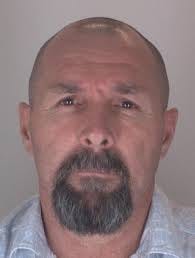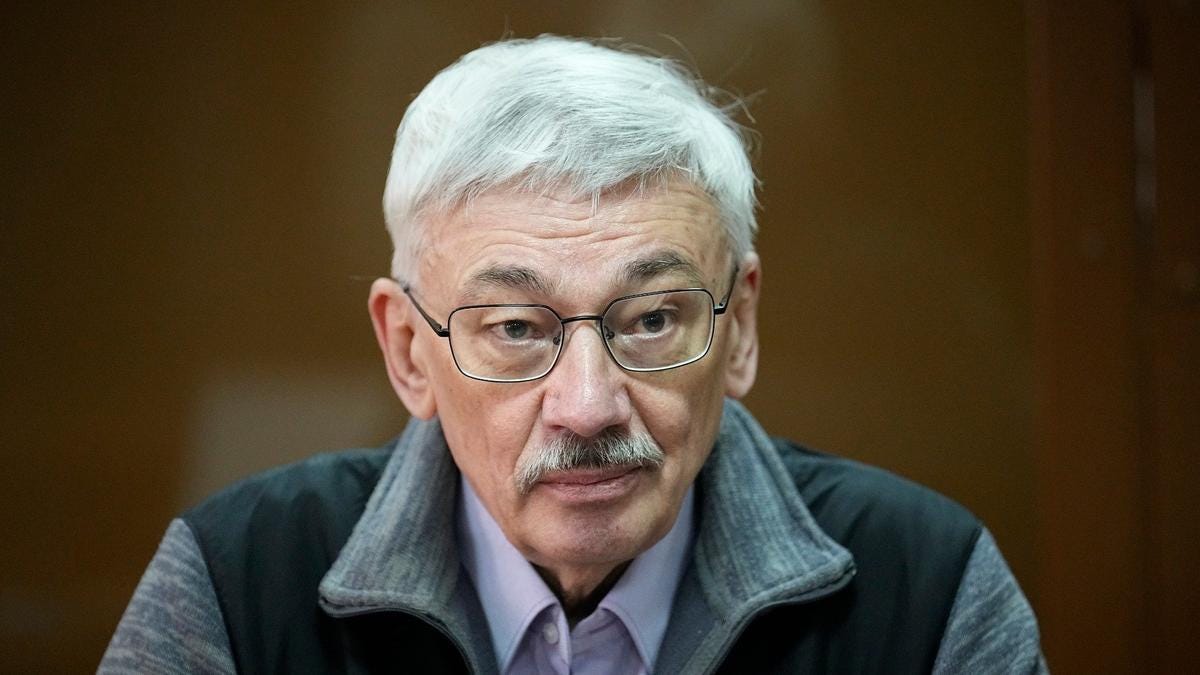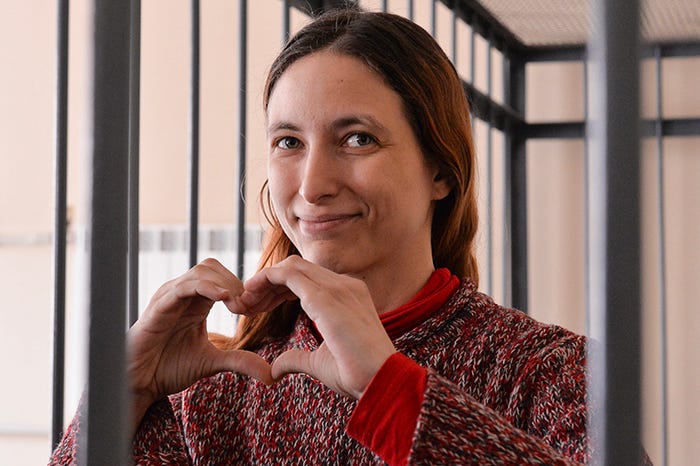Day Of Hostages
How I Feel After My Friends Have Been Released From Russian Prison
Today is a very happy and very sad day.
Happy because so many hostages of Putin's regime have gained freedom.
I never doubted that the US would not abandon Evan Gershkovich and Paul Whelan in their time of need – but I did not expect their release to happen so quickly. My sources in Moscow did not believe that an agreement could be reached before the elections in November or even before the inauguration of the new American president next January.
I am very happy that some of the hostages, including Russian citizens who were captured solely because of their honesty and courage, have been freed. They stood against the war in Ukraine and fought for freedom. Just yesterday, I feared that some of them would end their lives in prison.
Evan Gershkovich, Alsou Kurmasheva, Paul Whelan
What is known about this exchange: negotiations began last year, and one of their goals was the release of Alexei Navalny. Western negotiators knew that Putin wanted to free Vadim Krasikov, one of the most experienced contract killers in the service of Russian special services, who was convicted in Germany for the murder of a former Chechen field commander.
Vadim Krasikov
The negotiations were tough – for example, the German authorities did not want to participate in them, and all the work was done by the Americans. And the Russian official negotiators were afraid to tell Vladimir Putin that the subject of the negotiations was Alexei Navalny's fate. Putin was ready to release both Whelan and Gershkovich but was not going to release the leader of the Russian opposition. As a result, he killed him – to exclude him from today's deal. This is why Navalny is in a grave today, not in German Cologne with other former prisoners of Putin's prisons.
After Navalny's murder, the negotiations, according to my sources, continued – moreover, since April, the Germans, who had previously avoided contact with the Russians, joined in. Officially, the Russian side's negotiations were led by FSB General Sergei Beseda and Putin's assistant for international affairs, Yuri Ushakov. Unofficially, they were conducted by Roman Abramovich, the former owner of London's Chelsea football club and now de facto informal foreign minister of Russia – the only person in Moscow who can act as a mediator between the West and the Kremlin.
From the American side, the negotiations were led by US Special Envoy for Hostage Affairs Roger Carstens, the CIA, and the State Department. Former Assistant Secretary of State James Rubin played a major role. From the German side, BND, German special services were responsible for the exchange.
The Germans proposed the condition "one-for-many," understanding that Putin values Krasikov – and insisted that in exchange for him, the Russian (and also Belarusian) authorities release as many political prisoners as possible.
Who gained freedom thanks to these efforts?
For example, 71-year-old Oleg Orlov (photo above), one of the legendary Soviet human rights defenders, one of the leaders of Memorial, an organization that received the Nobel Peace Prize in 2022. Orlov publicly called the Putin regime totalitarian and fascist – and for this, he was sentenced to 2.5 years in prison this year.
Or Sasha Skochilenko (photo above), a 33-year-old artist from St. Petersburg. At the beginning of Russia's full-scale invasion of Ukraine, she made a small art performance – she replaced price tags in a grocery store with anti-war slogans. For this, she was sentenced to seven years in prison. Her imprisonment posed a direct threat to her life: Sasha has a heart defect and bipolar disorder, and in the conditions of a Russian prison, she could have died.
Another example is the schoolboy Kevin Lik (photo above), who is now 19 years old but was arrested while still a minor. He was accused of photographing military equipment and sending the photos to someone abroad – to Germany. He was accused of state treason. Obviously, the Russian authorities themselves did not believe that a schoolboy could be a spy – and in the end, he was sentenced to only four years in prison, whereas in Russia, espionage usually results in much longer sentences. However, this is practically a child – he was sentenced to four years in prison.
Vladimir Kara-Murza, a prominent activist and journalist whom Russian special services tried to poison and who was sentenced to 25 years in prison. Ilya Yashin, probably the most famous opposition figure in Russia after Navalny's death, sentenced to 8.5 years.
Today, all of them, Oleg, Sasha, Kevin, Vladimir, Ilya, Evan, Paul, Alsou and other hostages of Putin's regime, have gained freedom.
But even on such a day, I cannot stop thinking about the thousands of people who remain in Putin's prisons. About the poet Zhenya Berkovich. About the politician 63-years old Alexei Gorinov, who protested against the war from the first day of Russia's invasion of Ukraine – and is now dying in prison. About Daniil Kholodny – an IT specialist who was imprisoned for 8 years for creating a website for Alexei Navalny. About thousands of other people.
I do not call them all “hostages” by chance.
I am sure that most people living in Russia feel like hostages. About 25 years ago, power in Russia was seized by a gang of terrorists led by Vladimir Putin. All these years, they have been terrorizing the country's population, imprisoning people for any disobedience, teaching citizens to think that resistance is impossible and useless, doing everything to make Russians develop Stockholm syndrome. It is impossible to help all of them; it is impossible to exchange millions of people. But it is important to remember that thousands of hostages are still being held in Putin's prisons. And over these years, Putin has successfully turned the whole country into a GULAG. So many people feel like hostages, even if they are not behind bars.








Sad that Alexi Navalny is not part of this day. Happy that Ilya Yashin, whom you have written about, is free. He was probably a thorn in their side in prison as well as out.
Great piece - important to anyone who values freedom of information and human kindness. Hats off to Mikhail Zygar